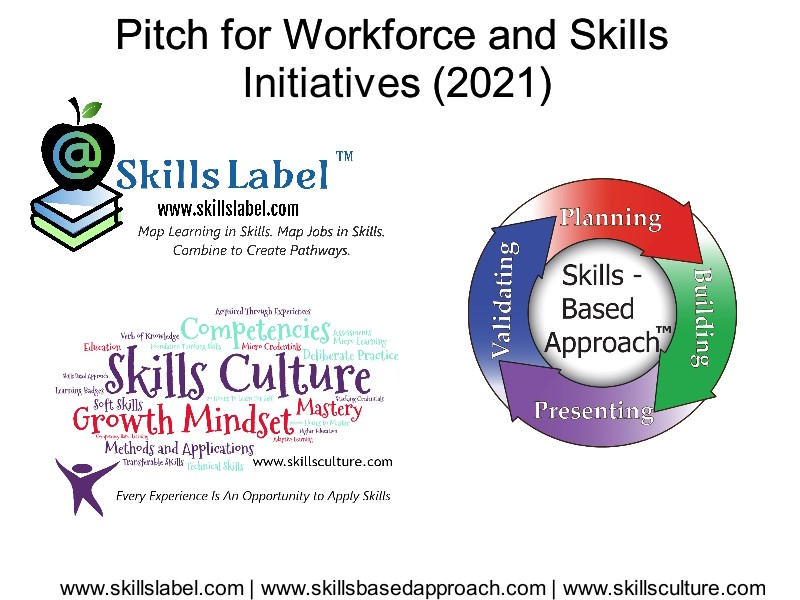Pre COVID there was a push to build an economy to support new blue-collar workers (40% of new jobs in 2017). The reasons for this include simply more jobs in this sector and more efficient education and training resources. (My added arguement) many traditional careers matched to four year degrees, like accountants, programmers, or network engineers do not require them.
In response to the onslaught of COVID, last spring, Trump set aside federal funds for grants related to workforce development. The aim was to revitalize the economy after the recession from the initial COVID response. From my understanding, these grants are open to local county, regional, and state workforce development organizations.
In a recent infrastructure plan, President Biden suggests adding nineteen million new blue collar jobs. This opens ways for creating shorter, more effective education and career pathways. A good response is to provide the education and training and a job contingent on the completion of the program.
Last week the senate blocked legislation supporting workers with shorter career pathways. But the bill was proposed and was well backed with support.
Harvard Business Review just released an article (June, 2021) on using skills to developing workers for jobs and use the phrase re-skilling and up-skilling. (Use the phrase 'skills based approach' frequently: once in the title and three times in the article. This is the name of a book / website / application in our platform.)
This is a video on how Skills Label (system) + Skills Based Approach (methodology) + Skills Culture (mindset) could be an effective platform for these intiatives:
